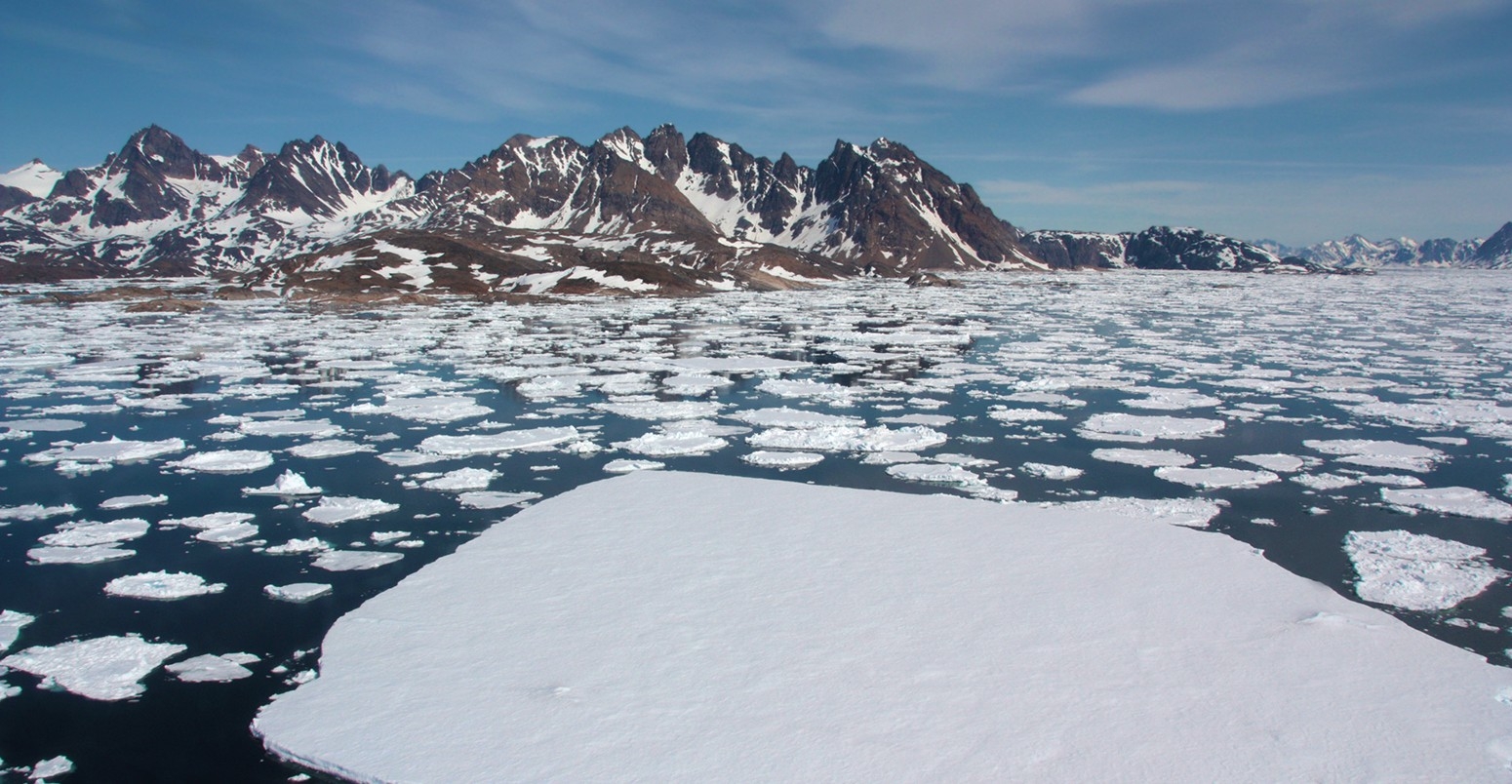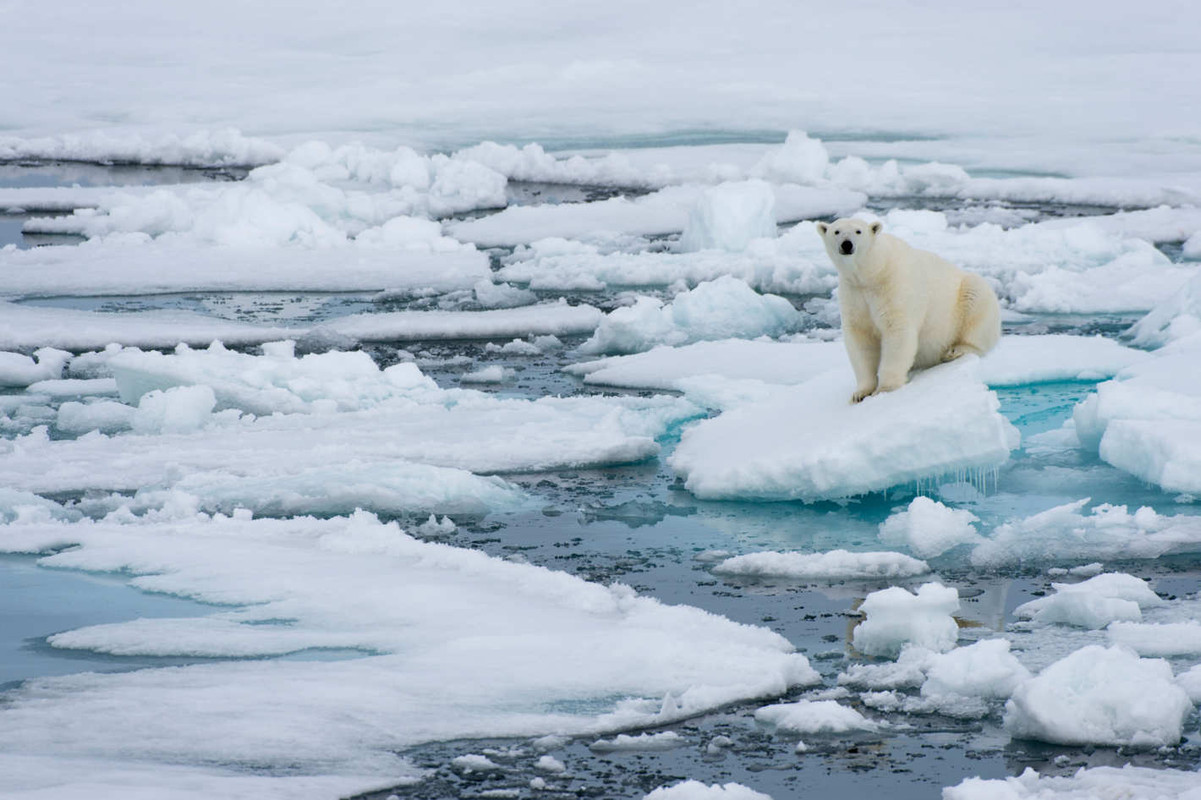
 Why the oldest, thickest sea ice starting to crack is worrying
Why the oldest, thickest sea ice starting to crack is worrying
Tuesday 21st August 2018 | Jake
In some of the coldest offshore parts of the Arctic, where sea ice is normally frozen throughout the year, the effects of climate change are being felt. The sea ice is breaking up, for the first time in recorded history, due in part to the heatwave experienced by the northern hemisphere.
Scientists had previously labelled the region the sea ice is found in – just north of Greenland – as “the last ice area”, seeing it as the northern hemisphere’s most prepared region to withstand the melting effect of a warmer planet. Warm winds are also causing great damage to the sea ice, moving it away from the coast. If the sea ice drifts too far from the coast it is at risk of moving into warmer waters, accelerating the melting process.

The region suffered from an abnormally hot February when temperatures reached above freezing when they are usually at -20C. This led to the ice breaking from the coast, albeit for a short time. The ice once again broke free in mid-August, with temperatures hitting a balmy 17C. Experts are certain that the region will freeze over when temperatures drop, reunifying the ice to the coast, although it will be only a matter of time until the next break up.
It is yet another stark reminder of the existential threat facing the Arctic and, subsequently, humanity. The Arctic is heating up at roughly twice the rate of the rest of the world, putting the sea ice in a perilous position. According to NASA sea ice is eroding at a rate of 13% a decade (since it began recording in 1979). This rate is increasing as the reduced amount of ice cannot reflect the suns rays as effectively, while the ever-swelling ocean absorbs the sun’s heat, warming the waters.
How many more warnings will the leaders of the world require before environmental apocalypse becomes a reality, rather than something viewed as a distant fear? With the Arctic forecast to be ice-free in summertime as early as the 2040s, they don’t have much time to act.
